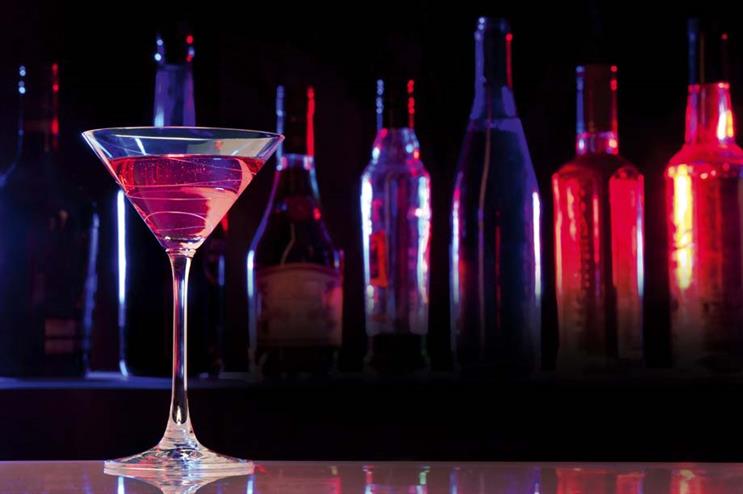
From flamboyant activations at music festivals to tie-ins with sport, alcohol has a natural affinity with entertainment. Agency Frukt's 2013 Fieldwork study, which researched brand activations at music festivals, showed that the alcohol sector dominates UK activity, accounting for 35 per cent of activations in that year.
The sector has also been quick to innovate by adopting new technology, for example, mainly because the barriers to convert consumers are much lower compared with other sectors.
Changing times
Lifestyles and behaviour are changing, with younger people apparently more health-conscious than older generations. According to 2013 research from Ipsos Mori and Drinkaware, 47 per cent of 18 to 24-year-olds in the UK are regular drinkers, compared with 67 per cent of 25 to 44-year-olds.
Tastes and palates are also shifting, with younger consumers preferring sweeter drinks over beers, according to statistics from CGA Strategy.
Meanwhile, advertising is under intense scrutiny. This means that as governments tighten the rules for above-the-line work, below-the-line experiential activity is becoming more important. Alcohol brand owners realise that the best way to talk to consumers is via direct engagement, and the best place is near the point of purchase.
In January, industry body the Portman Group unveiled the first UK-wide responsible sponsorship code, with the aim of ensuring campaigns promote responsible drinking - a reaction to concerns from the government that events sponsored by drinks brands encourage alcohol abuse.
Hina Gohil, legal advisory service lawyer at the Institute of Promotions, says an Act going through Parliament in relation to single unit pricing could also affect promotional work.
"If it comes in, it will affect the promotional marketing industry - brands will have to be careful when offering discounts as they may fall below the minimum single unit price," she says.
Tech support
Gaining cut-through is, like in every other sector, another big issue. While the alcohol industry has been particularly innovative in its use of technology, Al Millen, planning director at Critical Mass, cautions that this needs to be used for the right reasons.
The agency recently devised a campaign for Brown-Forman liqueur Fire Eater, using virtual reality head-mounted display Oculus Rift as the main idea. Critical Mass took a big-top circus on a five-city tour of the UK, encouraging drinkers to experience the drink through an immersive VR experience.
"Using this new and fresh technology we were able to give the drink cut-through in a crowded market, getting consumers and companies talking about what a great experience it was. But the success of this campaign wasn't because of the shiny new technology we used, but more the focus we placed on an idea that was frictionless and beautifully simple," says Millen.

